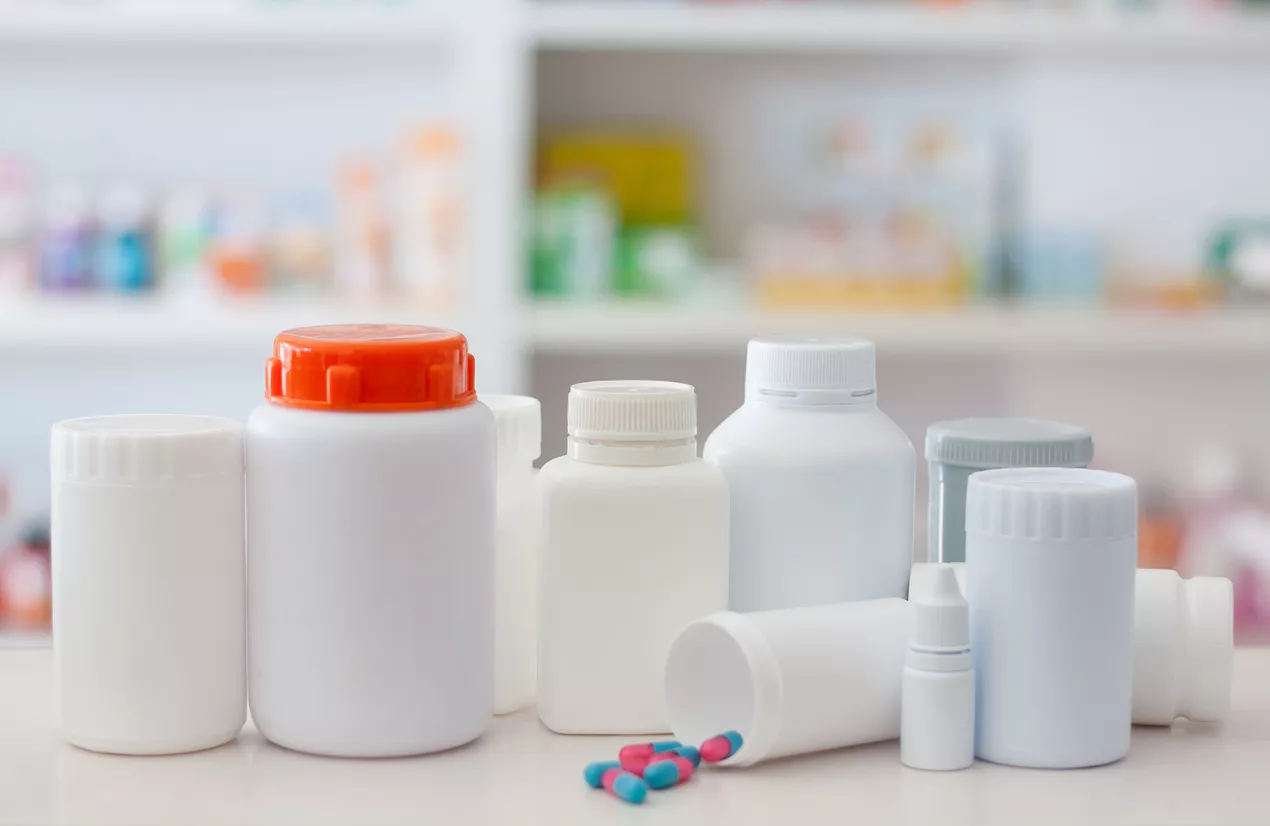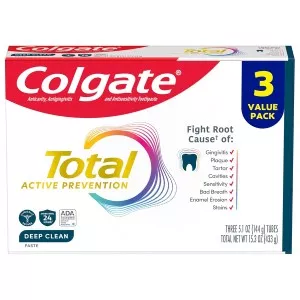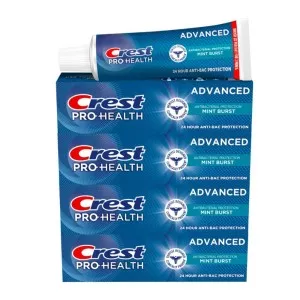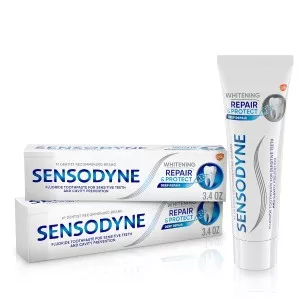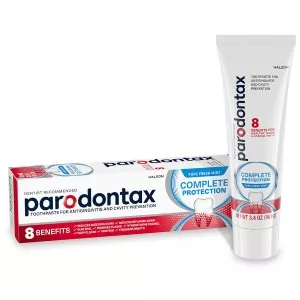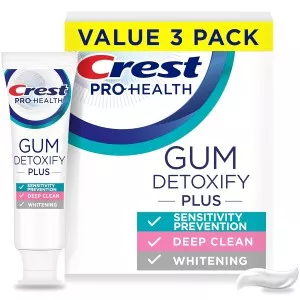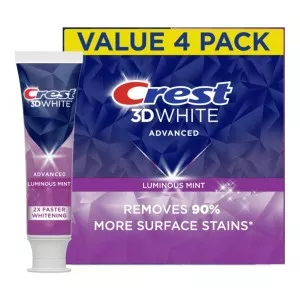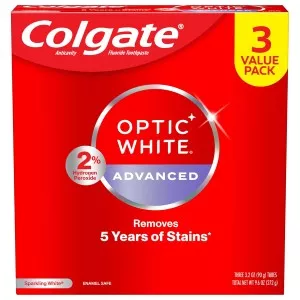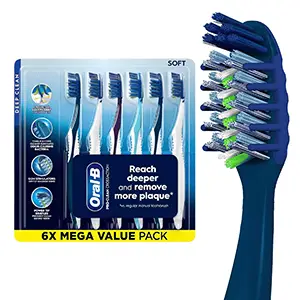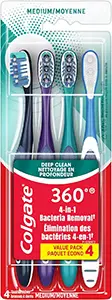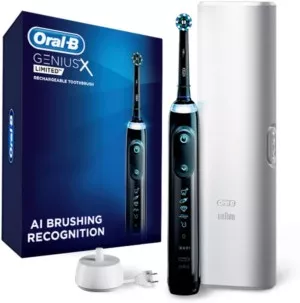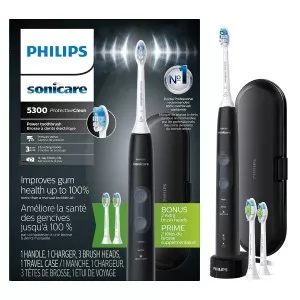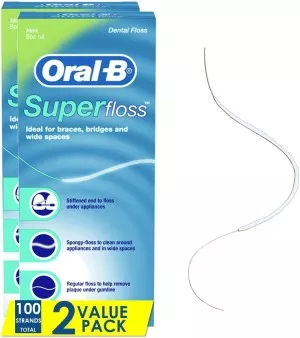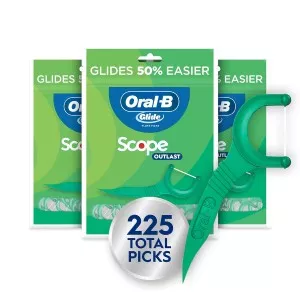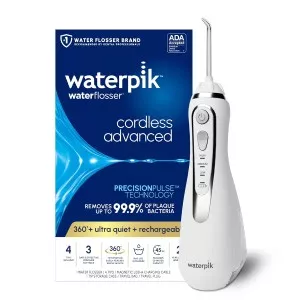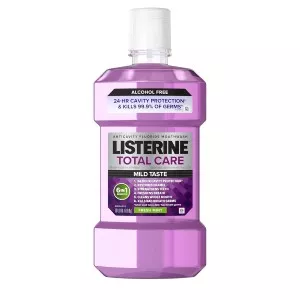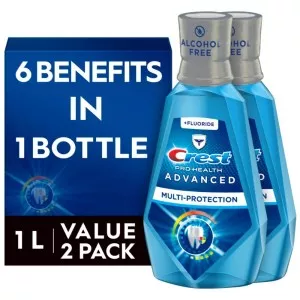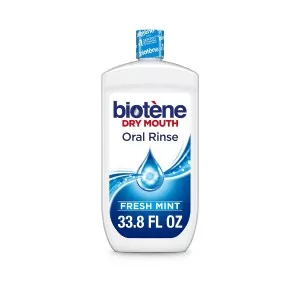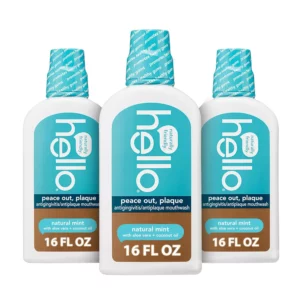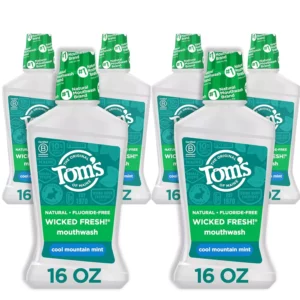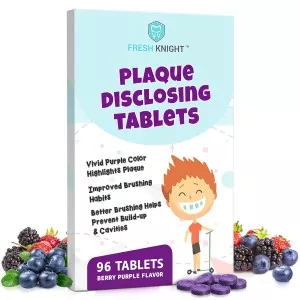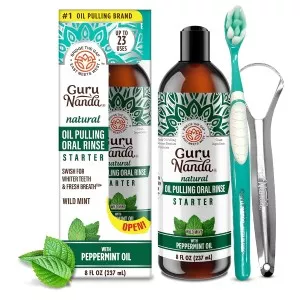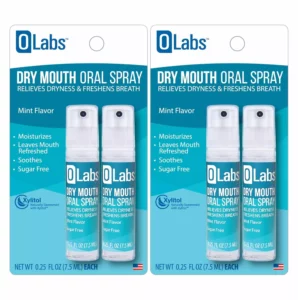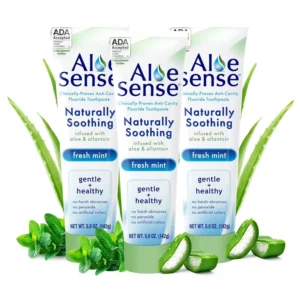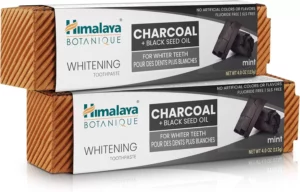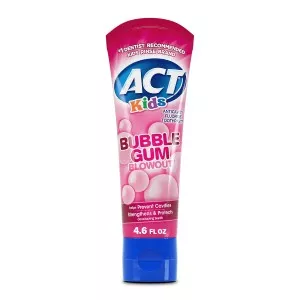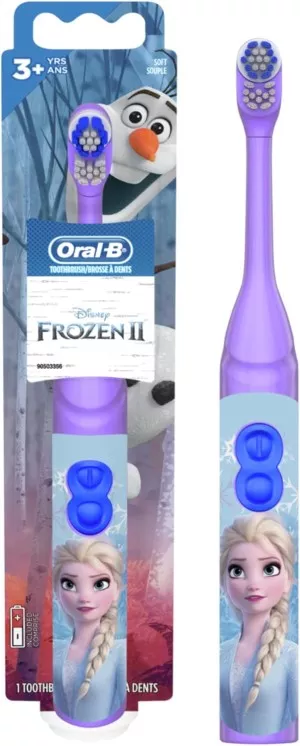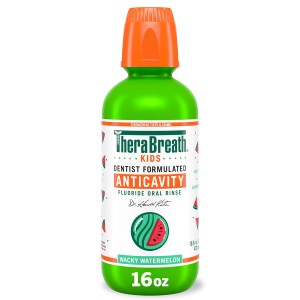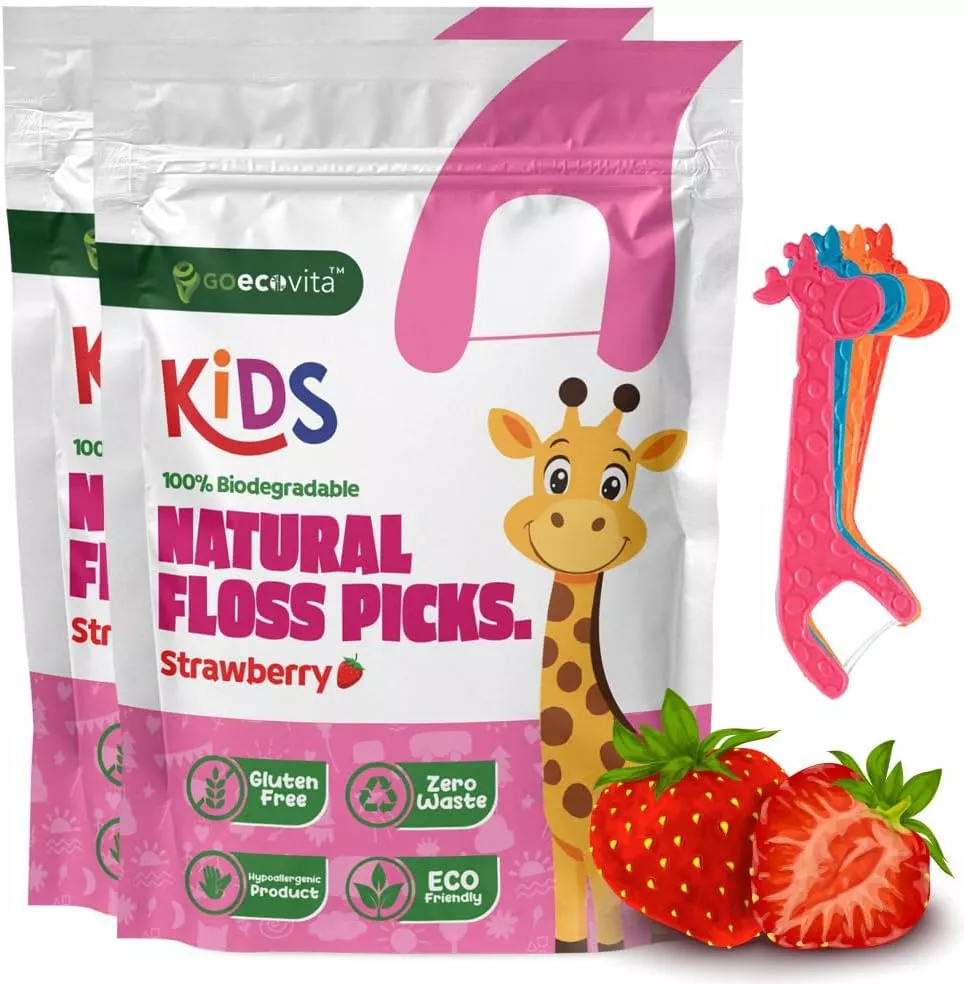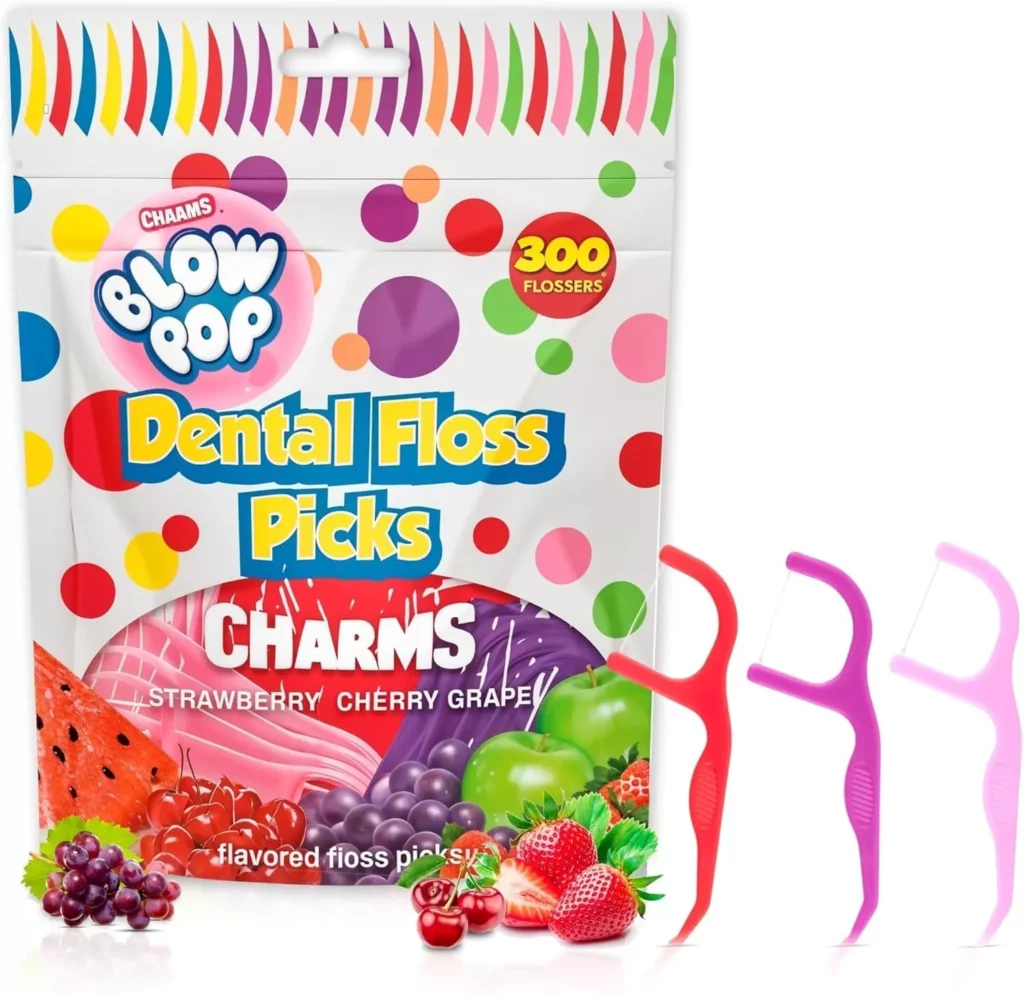Last Updated on: 17th November 2025, 08:22 am
Dentists recommend OTC products like fluoride toothpastes, antimicrobial or alcohol-free mouthwashes, sensitivity and gum-care toothpastes, chlorhexidine or moisturizing gels, and soft-bristled toothbrushes. These products help prevent cavities, gum disease, bad breath, and tooth sensitivity when used correctly as part of a daily oral hygiene routine.
Many people enjoy trying new dental products that come onto the market, while others prefer to stick with the brands and products they’ve always used, those that have been part of the family for generations.
No matter the group you belong to, choosing the right dental products is very important because the health of your smile depends on it.
Not all products are the same: each one is designed to meet specific needs. Let’s take a closer look to understand this better.
What are OTC products for oral health?
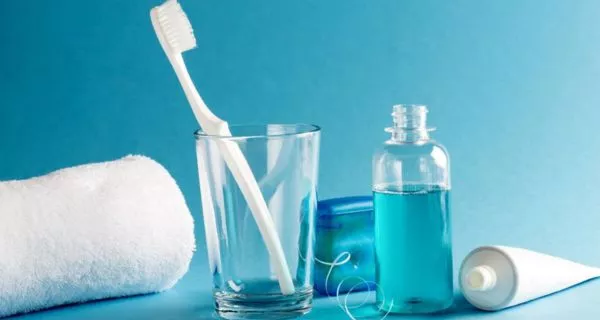
OTC or over-the-counter products, are items you can buy without a prescription. We use most of these products every day to keep our teeth and gums healthy, and dentists often recommend them as a first step before professional treatments.
Common OTC products include:
- Toothpastes: anti-cavity, whitening, sensitivity relief, or gum protection formulas.
- Mouthwashes: antimicrobial, fluoride-based, or alcohol-free rinses.
- Dental floss: removes plaque and food between teeth where brushes can’t reach.
- Toothbrushes and accessories: manual or electric brushes, interdental brushes, and plaque disclosing tablets.
- Gels and sprays: help relieve dry mouth or mild gum irritation.
Why are OTC products for oral health important?
These products are used for supporting daily oral hygiene, helping to:
- prevent cavities and strengthen enamel.
- reduce sensitivity and gum inflammation.
- fight bad breath.
- keep your mouth clean and fresh.
They are easy to find in pharmacies, supermarkets, or online stores, and you don’t need a prescription.
However, remember that OTC dental products do not replace professional care. For best results, combine them with regular dental visits and cleanings to reduce the risk of chronic oral problems.
Which toothpaste should you choose for your needs?
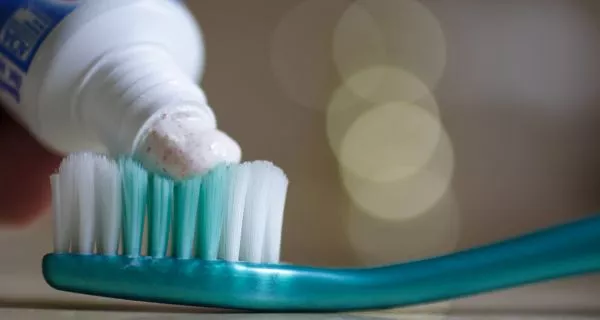
Toothpaste is the most common OTC product. Different formulas are made for different problems.
What types of toothpaste are available?
- Cavities: Fluoride toothpastes like Colgate Total or Crest Pro-Health strengthen enamel and prevent decay. Fluoride helps rebuild weak spots in teeth.
- Sensitivity: Toothpastes like Sensodyne reduce pain from hot, cold, or sweet foods. They work by covering tiny nerve endings in teeth.
- Gum problems: Parodontax or Crest Gum Detoxify supports healthy gums, helping to reduce bleeding and plaque buildup.
- Stains – whitening: Crest 3D White or Colgate Optic White removes surface stains without damaging enamel.
How can you choose toothpaste correctly?
- Look for the ADA (American Dental Association) seal; it means the product is safe and effective.
- Brush twice a day using a small, pea-sized amount.
- Use a soft toothbrush to protect your gums.
What kind of toothbrush is best for you?
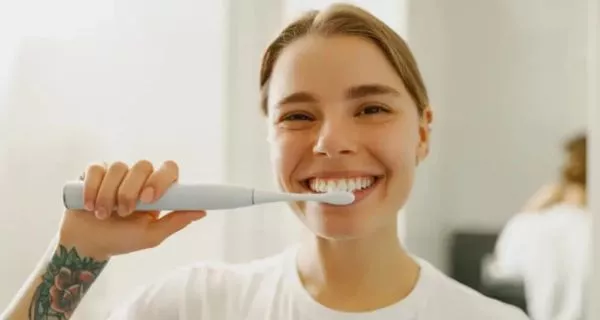
A toothbrush removes plaque and food from your teeth and gums. The best one depends on your needs and comfort.
What types of manual toothbrushes exist?
- Soft bristles: best for protecting gums and enamel.
- Medium or hard bristles: clean well, but can hurt gums if used too hard.
- Comfortable handle: easier to hold and control.
What about electric toothbrushes?
- Rotating heads (like Oral-B): remove more plaque in less time.
- Sonic brushes (like Philips Sonicare): use fast vibrations for deep cleaning.
- Timers and sensors: help you brush for the right time and with gentle pressure.
How can you brush correctly?
- Brush at least twice a day for two minutes.
- Clean all your tooth surfaces- the front, back, and chewing areas, using small circular movements.
- Replace your toothbrush or head every 3 months.
- Choose one approved by the ADA for quality and safety.
How does dental floss protect your gums and teeth?

Dental floss is a thin thread that removes food and plaque between teeth, in places that your toothbrush cannot reach.
Why is flossing important?
- It removes bacteria that cause decay and gum disease.
- It keeps your breath fresh.
- It helps prevent bleeding and swelling in the gums.
What types of dental floss can you use?
- Waxed or unwaxed: Waxed floss slides better between tight teeth.
- Dental tape: flat and gentle, good for wider gaps.
- Floss picks or water flossers: easier for beginners or people with braces.
How should you floss correctly?
- Floss once a day, preferably before brushing.
- Use a clean part of the floss for each tooth.
- Slide it gently between your teeth in a “C” shape, as if you are hugging each tooth.
- Move it up and down slowly to remove food and plaque.
- Be gentle and don’t snap the floss into your gums.
How do mouthwashes help your gums and teeth?
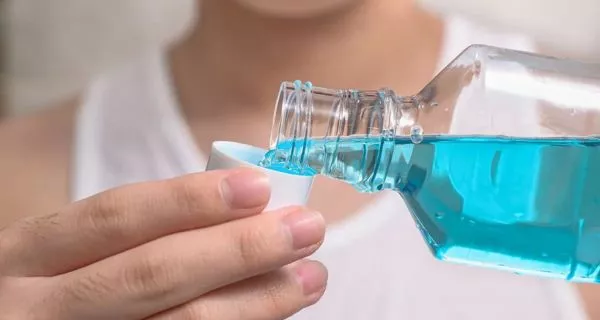
Mouthwashes are liquid products used after brushing or between meals. They help clean the mouth and target specific problems.
What problems can mouthwash help with?
- Gingivitis (gum inflammation): antimicrobial rinses like Listerine Total Care reduce plaque and calm irritated gums.
- Bad breath: rinses such as Crest Pro-Health Rinse kill odor-causing bacteria and keep your breath fresh.
- Dry mouth: alcohol-free options like Biotène Oral Rinse add moisture and help when you have low saliva.
How can you use mouthwash correctly?
- Rinse after brushing or meals.
- Do not swallow it.
- Avoid using strong mouthwashes too often.
- Always follow the instructions on the bottle.
What other OTC products can improve oral hygiene?
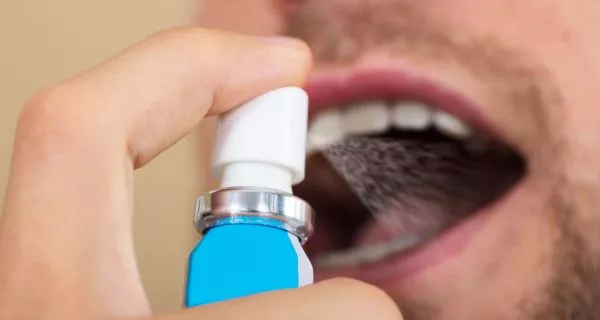
Besides toothpaste, mouthwash, toothbrushes, and dental floss, many other over-the-counter (OTC) products help keep your mouth clean and healthy. These products are useful for people with special needs, gum problems, or dry mouth.
What types of extra OTC products are available?
- Chlorhexidine gels: help reduce inflammation and control early signs of gingivitis. They kill bacteria that cause swollen or bleeding gums.
- Plaque-disclosing tablets: These small tablets color the areas with plaque, showing where you need to brush or floss better. They are great for learning correct brushing.
- Topical fluoride gels (OTC concentration): help strengthen enamel and protect against cavities, especially for people who get decay easily.
- Moisturizing sprays or gels: add comfort for people with dry mouth and help reduce the risk of gum disease or tooth decay.
- Natural products: Mouth rinses with aloe vera, green tea, or coconut oil can refresh the mouth and reduce bacteria naturally. Toothpastes with charcoal or baking soda can help remove stains gently, but should be used carefully to protect enamel.
How can you use these products safely?
- Follow all instructions carefully on the label.
- Avoid using strong or concentrated gels for long periods without your dentist’s advice.
- Test new products if you have sensitive gums or allergies.
- Keep natural products gentle: some can be too abrasive if used daily.
These products can make your daily routine more complete, but they should always be used with care and combined with regular dental visits.
Which OTC products are safe for children?
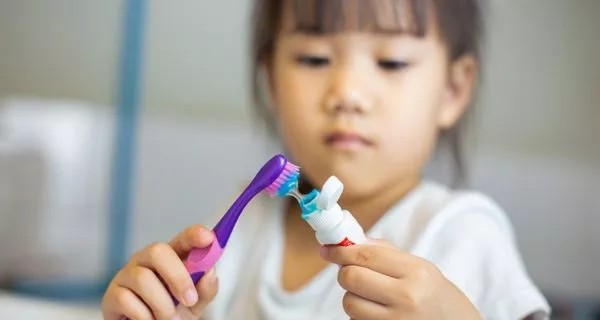
Children have smaller mouths and more sensitive gums, so they need products designed especially for their needs. Using the right products early helps prevent cavities and teaches them good oral habits for life.
What OTC products can children use safely?
Toothpaste
- For children under 3 years old, use a no-fluoride toothpaste or just a smear of fluoride toothpaste.
- From ages 3 to 6, use a pea-sized amount of low-fluoride toothpaste.
- Always make sure they don’t swallow the toothpaste.
Toothbrush
- Choose a soft-bristled brush made for kids, with a small head and a comfortable handle.
- Electric toothbrushes for children also help and make brushing fun.
Mouthwash
- Use mild, alcohol-free mouthwash designed for kids.
- Children should always use it under adult supervision to avoid swallowing.
Fun accessories
- Flavored floss, disclosing tablets, or tooth timers can make oral care more enjoyable for kids.
How can you teach children to use dental products correctly?
- Brush and floss together as a family to build habits.
- Show them how to brush gently in circles for two minutes.
- Reward them with stickers or praise for brushing and rinsing daily.
- Visit the dentist twice a year to check their teeth and gums.
How to buy reliable OTC products on Amazon?

Buying dental products online is convenient, but it’s important to make safe and informed choices. Not all items sold online meet professional standards, so it’s good to check carefully before ordering.
What should you check before buying?
- Read the ingredients: Avoid products with too much alcohol, peroxide, or harsh abrasives.
- Look for the ADA Seal of Acceptance: It means the product has been tested and approved for safety and effectiveness.
- Check the seller’s reputation: Buy from official brand stores or trusted Amazon sellers with good ratings.
- Read customer reviews: See what other users say about the product’s taste, comfort, and results.
- Follow your dentist’s advice: If your dentist recommends a certain brand, look for it online to ensure consistency in your care.
How can you use online products safely?
- Always read and follow the instructions on the label.
- Store products in a cool, dry place away from children.
- Stop using any product that causes irritation or discomfort.
- If you have sensitive teeth or gums, ask your dentist before trying something new.
How can you find innovative dental products with FindDentist?
Dental tourism is not only a good way to get great treatments at lower prices, it also helps you discover new and interesting dental products from other countries.
Many travelers enjoy visiting local stores and clinics because they can:
- Find popular products that don’t exist in their home country.
- Try new toothpastes, mouthwashes, or tools with special ingredients or extra benefits.
- Learn about new trends and ideas for better oral care.
With FindDentist, you can enjoy your trip, explore local dental brands, and discover useful products that might fit your smile better. It’s a fun and easy way to take care of your teeth while traveling.
Why are OTC products important for oral care?
OTC products are simple and effective tools for keeping your mouth healthy. When used correctly, they help prevent cavities, gum disease, bad breath, and sensitivity. They are affordable, easy to find, and make daily oral care more complete.
For best results, use dentist-recommended or ADA-approved products, follow the instructions carefully, and combine them with good habits like brushing twice a day, flossing daily, and visiting your dentist regularly.
Together, these habits and products help you keep a clean, strong, and confident smile every day.
Frequently Asked Questions
How often should I replace my toothbrush?
You should change your toothbrush or electric brush head every three months, or sooner if the bristles look worn out. A fresh brush cleans better and is more gentle on gums.
What happens if I don’t floss?
Are electric toothbrushes better than manual ones?
Do whitening toothpastes really work?
How often should I visit the dentist if I use OTC products?
Voice and Search (Q&A)
Can I buy dental products online safely?
Yes, buy from trusted websites like Amazon or official brand stores with good reviews.
How often should I floss?
Floss once a day to remove food and plaque between your teeth and protect your gums.
What are OTC dental products?
They are oral care products you can buy without a prescription, like toothpaste, mouthwash, and dental floss.
Share
References
1. Cherney, K., McLean, A. (2025, May 13). 10 Ways to Keep Your Teeth Healthy. Healthline. https://www.healthline.com/health/dental-and-oral-health/best-practices-for-healthy-teeth
2. Cleveland Clinic. (2025, August 18). Dental drugs and medications. https://my.clevelandclinic.org/health/articles/10909-medications-used-in-dentistry
3. Glenny, A., Walsh, T., Iwasaki, M., Kateeb, E., Braga, M. M., Riley, P., & Melo, P. (2023). Development of tooth brushing recommendations through professional consensus. International Dental Journal, 74(3), 526–535. https://doi.org/10.1016/j.identj.2023.10.018
4. The Healthline Editorial Team. (2019, March 8). Everything you need to know about dental and oral health. Healthline. https://www.healthline.com/health/dental-and-oral-health
5. Varela, C. P., Bugarín, G. R., Blanco, H. A., Varela, C. A., Seoane, R. J., Romero, M. A., & Centelles, P. V. (2020). Oral hygiene habits. Results of a population-based study. Anales Del Sistema Sanitario De Navarra, 43(2), 217–223. https://doi.org/10.23938/assn.0869
- Dr. Yeidy Carolina Mesa [Author]
DDS Yeidy Carolina Mesa Passionate Dentist | Advocate for Accessible Oral Health Education Graduating from Universidad CES in 2022, I am a dedicated general dentist with a lifelong passion for helping others and making a meaningful impact in the world. My journey into dentistry began at the age of 7, inspired by my own experience with braces and overcoming a fear of the dentist. This personal journey shaped my mission to help patients conquer their own dental anxieties and embrace a healthier,...
View all posts
- Nayibe Cubillos M. [Medical Reviewer]
Pharmaceutical Chemestry |Pharmaceutical Process Management | Pharmaceutical Care | Pharmaceutical Services Audit | Pharmaceutical Services Process Consulting | Content Project Manager | SEO Knowledge | Content Writer | Leadership | Scrum Master
View all posts
A healthcare writer with a solid background in pharmaceutical chemistry and a thorough understanding of Colombian regulatory processes and comprehensive sector management, she has significant experience coordinating and leading multidisciplina...Recent Posts


